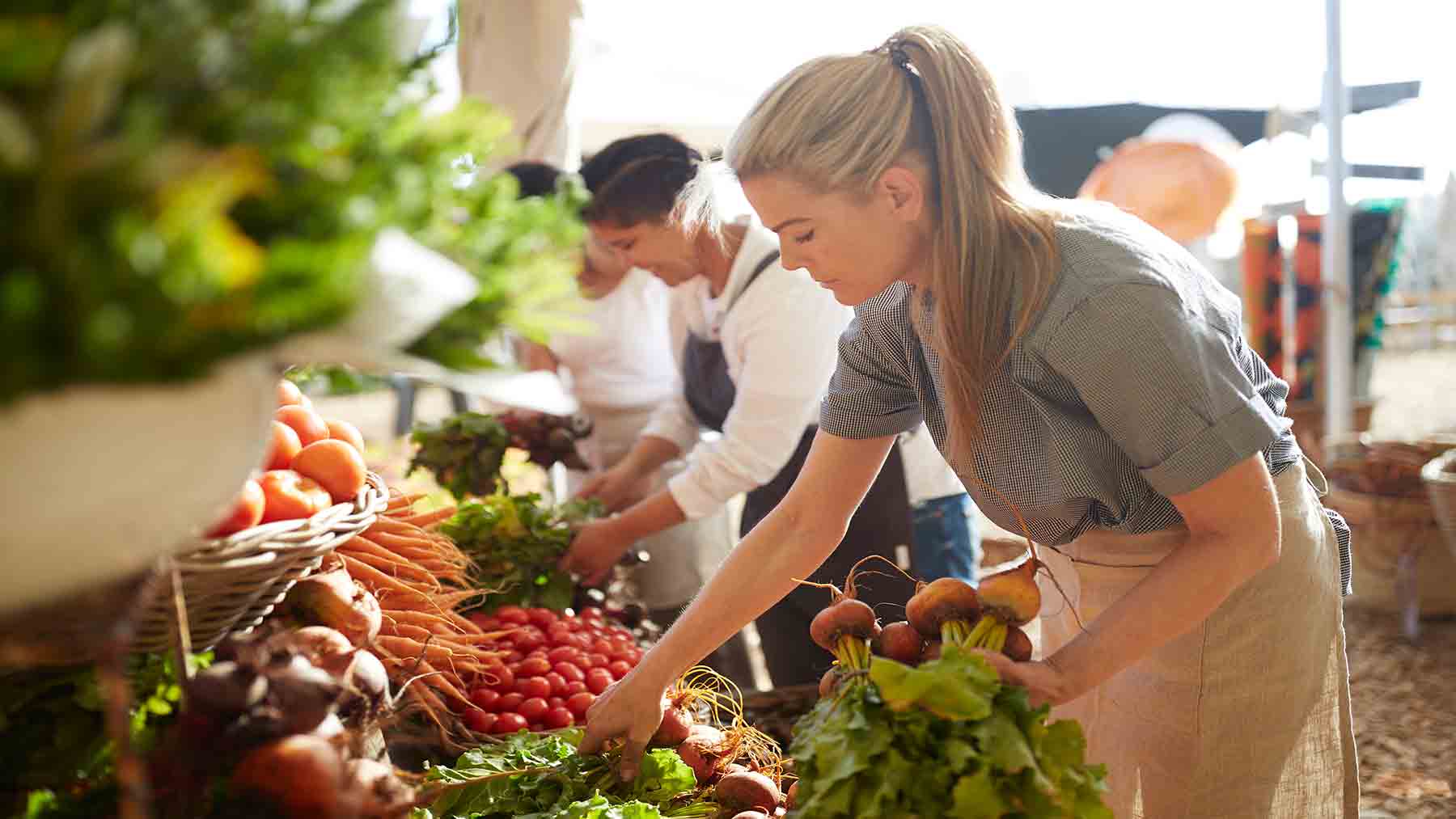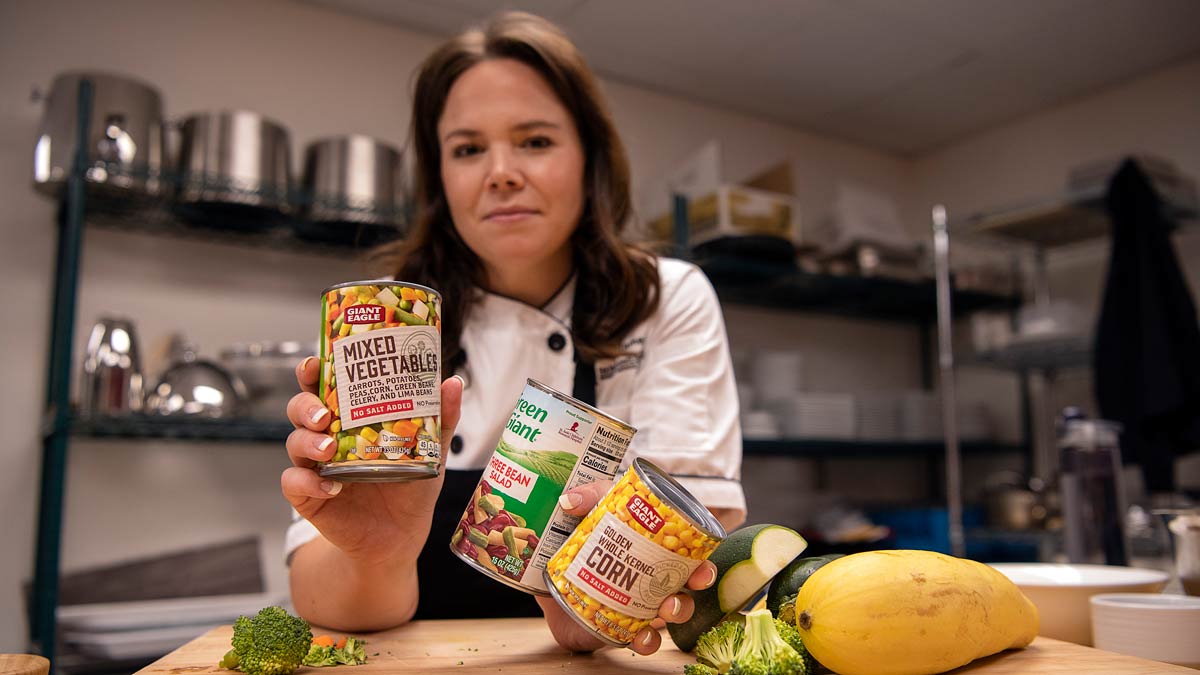Should you buy organic food?

When you walk into the produce section of the grocery store, you typically see two of everything. It’s often clear what’s organic and what’s not, but is there actually a difference? The price isn’t the only thing that separates the two identical avocados, and the higher price may actually be worth it.
What makes food organic?
Foods that are organic are grown without the use of most synthetic pesticides. To be considered organic, products have to follow strict production and labeling requirements. They must be produced without excluded methods, including genetic engineering or ionizing radiation. Organic products can only be produced using allowed substances. Meat that’s considered organic requires animals to be raised in living conditions accommodating to their natural behaviors, no administration of antibiotics or hormones and to be fed 100% organic feed. All products are overseen by the USDA National Organic Program, and farmers must adhere to the USDA guidelines for 36 months prior to being considered an organic farmer.
Are organic foods better for you?
There’s ongoing research to support that organic foods contain higher quantities of vitamins and minerals compared to their counterparts but, at this time, there are no significant results. What’s proven is that organic products contain less pesticides and heavy metals which, over time, can harm an individual.
Overall, organic animal products may be better for you. Since it’s against regulations to use antibiotics or hormones, consumers aren’t potentially eating products that may still have some traces of these substances. It’s also suggested that organic meat and milk contains more omega-3 fatty acids, or heart healthy fats, as a result of the animals’ diet and living conditions. More research is being conducted to prove this is true.
What products should you always try to buy organic?
Some foods contain more residual pesticide than others and some are naturally are less susceptible, like those with thicker skins or produce that can be peeled before consumption.
Each year, The Environmental Working Group puts out a list of which products should be purchased from the organic section to avoid consuming pesticides, and which are a safer choice to buy conventionally grown. Below is the list for this year, known as “The Dirty Dozen:”
- Strawberries
- Spinach
- Kale
- Nectarines
- Apples
- Grapes
- Peaches
- Cherries
- Pears
- Tomatoes
- Celery
- Potatoes
Those containing few, if any detected pesticide residue are known as “The Clean Fifteen:”
- Avocado
- Sweet corn
- Pineapples
- Frozen sweet peas
- Onions
- Papaya
- Eggplant
- Asparagus
- Kiwis
- Cabbage
- Cauliflower
- Cantaloupe
- Broccoli
- Mushrooms
- Honeydew melon
If you’re shopping on a budget, are there still ways to shop organic?
Buying wholesale or in bulk may save you some money when buying organic, especially if the product is in season. Some community supported agriculture (CSA) boxes are relatively affordable as well and, since they’re supplied by local farmers, they’re guaranteed to be fresher than foods imported from out of state or out of the country.
Follow the Dirty Dozen rule as much as possible, but also think about your usual dietary habits. If you eat a lot of spinach daily, you may want to opt for purchasing that organic over the few stalks of celery that you might only eat once a month. When it comes to fruits and vegetables, eating them, conventionally grown or otherwise, is going to be healthier for you than avoiding them altogether.
Mara Weber is a registered dietitian at The Ohio State University Wexner Medical Center.




